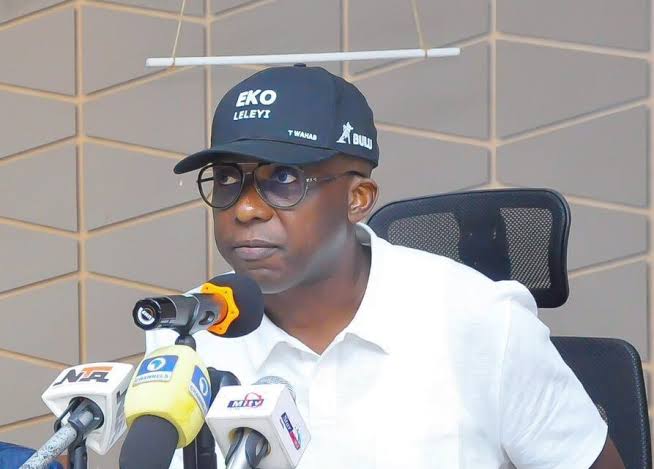Residents of Lagos’s Lekki district relying on private boreholes for water may be consuming sewage-contaminated supplies, according to a stark public health warning issued by a senior state official. Mahmood Adegbite, Permanent Secretary of Lagos State’s Office of Drainage Services and Water Resources, declared during a stakeholder meeting that unchecked wastewater in the area has likely compromised groundwater sources, bluntly asserting that borehole users are “probably drinking ‘shit water.’”
The remarks highlight growing concerns over water safety in Lekki, a rapidly developing coastal zone where boreholes are widely used due to gaps in public water infrastructure. Adegbite linked the contamination to improperly treated sewage seeping into groundwater, raising risks of waterborne diseases like cholera and typhoid. “If we treat all wastewater in this axis — which we have plans to address — we can eradicate diseases stemming from untreated waste,” he said, underscoring the administration’s proposed wastewater management solutions.
The official also addressed recurrent flooding plaguing the region, noting that unusually heavy rains — including a recent downpour during what is typically a drier August period — have exacerbated drainage challenges. “Despite significant investments, more work is needed to manage flooding,” Adegbite admitted, attributing the problem to “complex issues” such as urbanization, inadequate drainage systems, and climate variability.
Lekki’s contamination crisis underscores broader infrastructure pressures in Lagos, a megacity of over 20 million people grappling with population growth and environmental strain. While boreholes provide a stopgap for unreliable piped water, their safety hinges on proper oversight and wastewater treatment — gaps the state now aims to close. Health experts warn that prolonged exposure to contaminated groundwater could escalate disease outbreaks, particularly in densely populated neighborhoods.
Authorities have yet to detail timelines or funding for the proposed wastewater initiatives, leaving residents awaiting concrete steps to secure safe water access. Meanwhile, the flooding remarks signal acknowledgment of climate resilience as a mounting priority, with the city’s coastal geography making it vulnerable to intense rainfall and sea-level rise. The dual challenges of water quality and flood management position Lekki as a microcosm of urbanization pressures faced by cities across the Global South.
